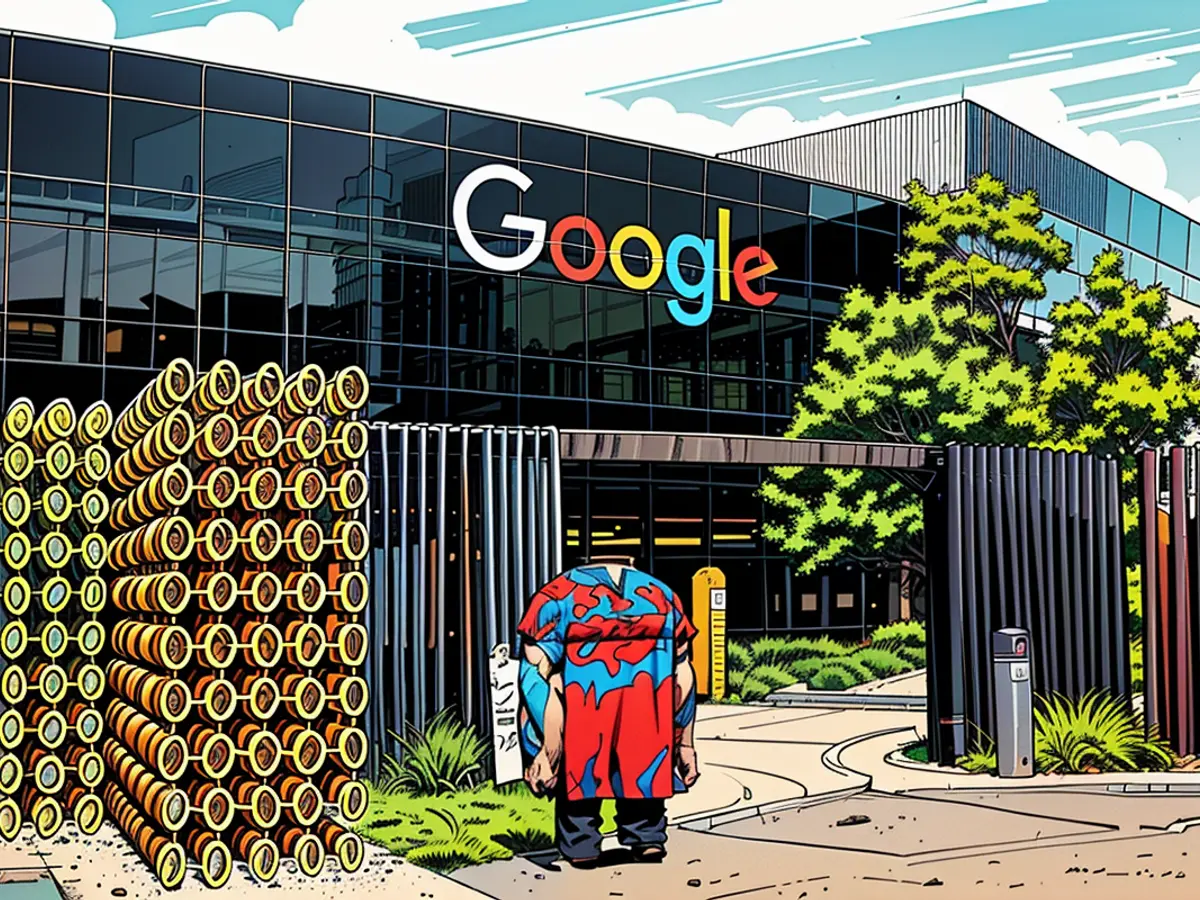In a recent turn of events, Google triumphs in overturning the initial $1.7 billion EU antitrust fine levied against it.
Google emerged victorious in a legal battle on Wednesday against a massive €1.49 billion ($1.66 billion) antitrust fine from the European Union, while Qualcomm suffered a setback in trying to overturn a penalty.
The judicial decisions highlight the conflicting success rate of outgoing EU antitrust head Margrethe Vestager in upholding her tough stance on Big Tech in court. Last week, she secured two significant victories: one against Google in a separate matter and another against Apple's tax arrangement with Irish authorities.
In a 2019 ruling, the European Commission accused Google, a subsidiary of Alphabet (GOOGL), of misusing its market dominance by limiting websites from using third-party ad brokers beyond its AdSense platform, which provided search ads. The alleged unlawful practices spanned from 2006 to 2016.
The EU's General Court, a part of the European Court of Justice, largely concurred with the EU competition regulator's evaluation of the case, yet it invalidated the fine, arguing that the Commission had neglected to consider all relevant factors.
"The Commission has not demonstrated that the clauses in question may have, first, possibly discouraged innovation, next, aided Google in preserving and amplifying its dominant position on the national markets for online search advertising at issue, and, ultimately, harmed consumers," the judges stated.
Google attributed the case to a specific category of text-based search ads displayed on a limited selection of publisher websites.
"We implemented modifications to our contracts in 2016 to eliminate the pertinent provisions, even prior to the Commission's decision. We are pleased that the court acknowledged flaws in the initial decision and overturned the fine," Google said in an email response.
The Commission, with the option to appeal to the European Court of Justice on points of law, plans to assess the judgment and consider potential subsequent steps.
The AdSense fine, one of three fines totaling €8.25 billion ($9.18 billion) levied against Google, was prompted by a 2010 complaint from Microsoft.
As for Qualcomm, the US chipmaker only succeeded in reducing its EU antitrust fine by €3.3 million, from €242 million to €238.7 million.
The judges rejected all of its arguments. The Commission imposed the fine in 2019, claiming that Qualcomm sold its chipsets below cost between 2009 and 2011, a practice known as predatory pricing, to undermine British phone software developer Icera, currently part of Nvidia.
The Commission acknowledged the ruling as well.
Qualcomm, which can appeal on points of law to the European Court of Justice, did not immediately react to a request for comment.
In the realm of tech businesses, Google recently managed to overturn a significant €1.49 billion antitrust fine from the European Union, despite the EU's General Court mainly agreeing with the regulator's evaluation of the case. Conversely, Qualcomm faced a setback in its attempt to overturn a smaller €238.7 million fine, highlighting the varying successes in antitrust battles within the tech sector.








